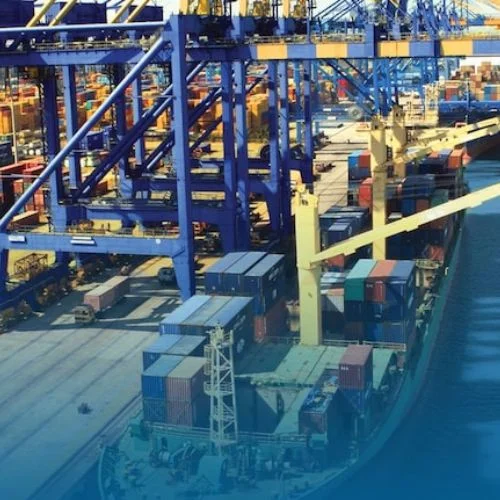A $2 billion contract spread over five years has been awarded to Infosys, a leading provider of IT services. According to a late-Monday filing to the stock exchanges, the deal would include services for automation- and artificial intelligence (AI)-based modernization and maintenance.
The client’s name was kept a secret by the Bengaluru-based company. To provide AI and automation-led development, modernization, and maintenance services, Infosys has signed a framework agreement with one of its current strategic clients. According to the petition, $2 billion will be spent on client targets overall over a period of five years.
Infosys estimated its FY24 growth to be between 4 and 7%, which would be its weakest rate of revenue growth in six years. This comes a few days before its first quarter results, which are expected to be released on Thursday. A few brokerages anticipate that the weak macros will also cause the top end of the guidance to be cut.
Over the past few weeks, the large IT service companies have been constantly announcing significant transactions. Infosys signed a five-year, $454 million contract for digital transformation with Nordic-based Danske Bank last month.
The lender’s 1,400-person Bengaluru IT center would be acquired by the Bengaluru-based software exporter as well. With the agreement, the Nordic-based bank’s digital transformation projects will be scaled up and extended for a further three years.
Also in June, Tata Consultancy Services revealed that the UK workplace pension scheme NEST had awarded them a $1.9 billion contract to digitally revamp its scheme administration services. Infosys was awarded a five-year, $1.5 billion contract by the world’s largest energy company, BP, in May. It said that the agreement was the biggest one it had secured in the previous three years.
The top software exporter in India, TCS, surpassed expectations while reporting a 16.7% year-over-year increase in net profit to Rs 11,074 crore for the fiscal first quarter. However, TCS cautioned that the near-term demand outlook remained “soft and uncertain” due to clients delaying spending on discretionary and non-critical projects.















